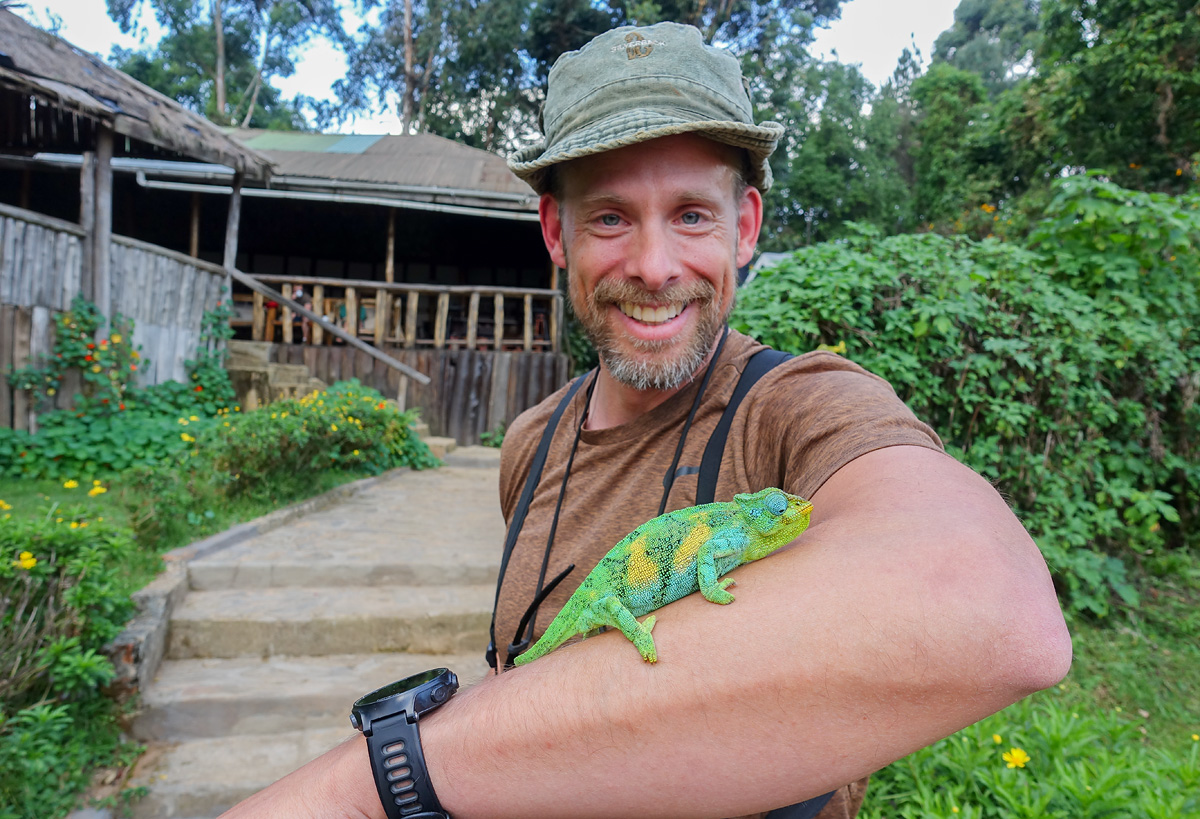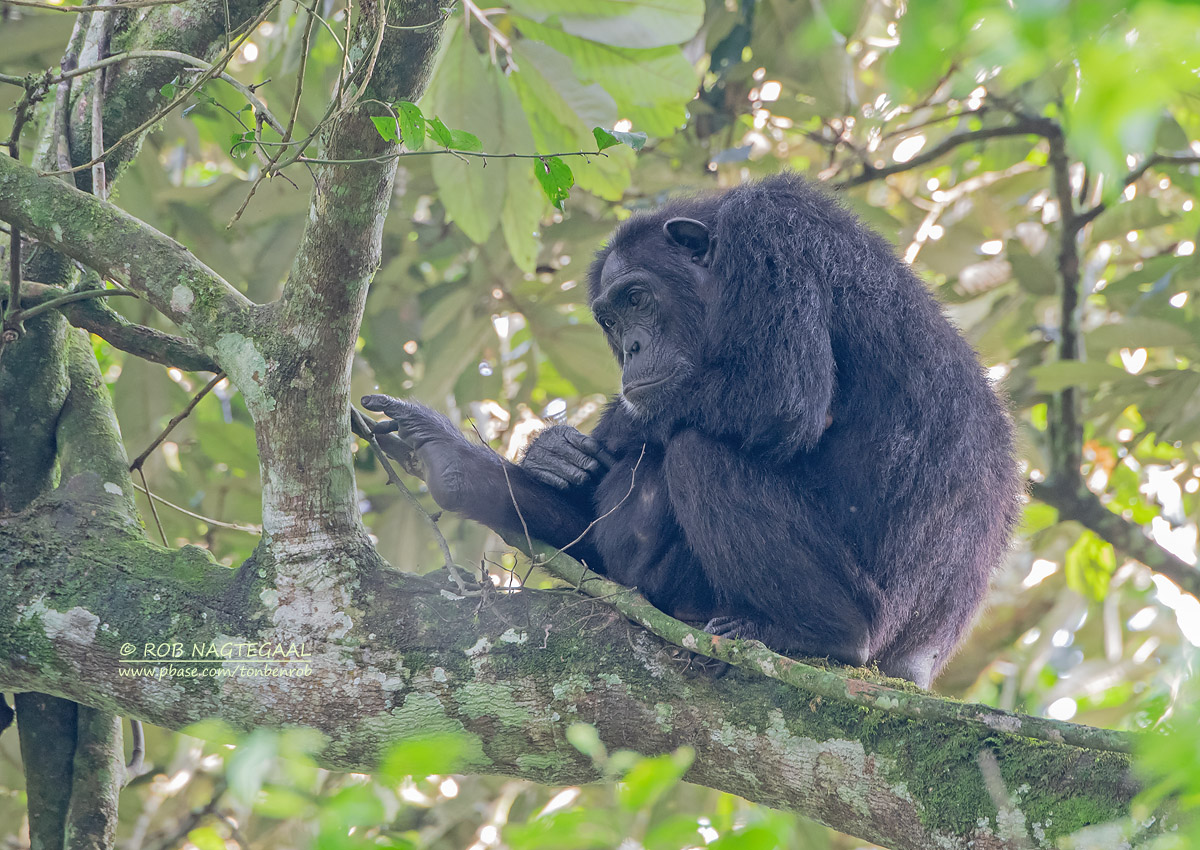Responsible Travel: A Sustainable Journey with EcoQuest Safaris Ltd
EcoQuest Safaris Ltd operates unforgettable tours across East and Central Africa, covering Uganda, Kenya, Tanzania, Rwanda, Burundi, and the Democratic Republic of Congo (D.R. Congo). As a leading eco-tour operator, EcoQuest Safaris is committed to promoting responsible travel by ensuring that tourism benefits the local communities, wildlife, and ecosystems that make these destinations so remarkable. With a deep focus on sustainable practices, cultural sensitivity, and conservation efforts, EcoQuest Safaris provides travelers with the opportunity to explore Africa’s most breathtaking landscapes while minimizing their ecological footprint.
Responsible travel is more than just a trend; it is a fundamental philosophy that prioritizes the well-being of the environment, local people, and wildlife. As you embark on a safari with EcoQuest Safaris, you become a part of this movement—one that seeks to preserve Africa’s natural wonders for future generations.
What is Responsible Travel?
Responsible travel is the practice of making ethical choices while traveling to ensure that your journey has a positive impact on the destinations you visit. This includes supporting local communities, conserving the environment, and minimizing any negative effects on the places and people you encounter. At its core, responsible travel recognizes that tourism can be a powerful force for good, but only if it is conducted with respect for the culture, ecology, and economies of the host destinations.
For EcoQuest Safaris, responsible travel means ensuring that every aspect of their tours—from the lodges they select to the guides they employ—aligns with sustainability principles. They work with eco-friendly accommodations, support conservation initiatives, and promote cultural exchanges that benefit local communities, all while creating immersive safari experiences for their guests.
Key Principles of Responsible Travel
Responsible travel encompasses several core principles that guide EcoQuest Safaris in their operations. These principles include:
- Environmental Conservation: Protecting wildlife and their natural habitats, reducing waste, and minimizing the carbon footprint of safari operations.
- Supporting Local Communities: Empowering local people by offering employment opportunities, supporting local businesses, and engaging in community development projects.
- Respecting Cultural Heritage: Encouraging respectful cultural exchanges between travelers and host communities while preserving local traditions, languages, and customs.
- Sustainable Tourism Practices: Promoting eco-friendly accommodations, low-impact travel, and responsible behavior among tourists to ensure the sustainability of the tourism industry.
- Wildlife Conservation: Safeguarding endangered species through responsible wildlife encounters, supporting anti-poaching efforts, and contributing to wildlife conservation organizations.
Environmental Conservation: Safeguarding Africa’s Biodiversity
Africa is home to some of the world’s most iconic wildlife, from the majestic lions of the Serengeti to the critically endangered mountain gorillas of Uganda and Rwanda. However, the continent’s ecosystems face growing threats from habitat loss, poaching, and climate change. EcoQuest Safaris recognizes the urgent need to conserve Africa’s biodiversity and implements measures to minimize the environmental impact of their tours.
Eco-Friendly Lodges and Camps
One of the key ways EcoQuest Safaris ensures responsible travel is by partnering with eco-friendly lodges and camps. These accommodations are designed to have minimal impact on the environment, often using renewable energy sources such as solar power, harvesting rainwater, and employing sustainable waste management practices. In addition, many eco-lodges support reforestation and conservation projects, ensuring that guests contribute directly to the protection of Africa’s fragile ecosystems.
EcoQuest Safaris also encourages travelers to choose lodges that actively engage in conservation efforts. For example, lodges in the Mara Naboisho Conservancy in Kenya support wildlife conservation through community-based tourism models. In Uganda, eco-lodges near Bwindi Impenetrable National Park help fund gorilla conservation initiatives while creating sustainable livelihoods for local people.
Low-Impact Safaris
A key component of responsible travel is minimizing your ecological footprint, particularly when exploring sensitive environments such as national parks and reserves. EcoQuest Safaris emphasizes low-impact safaris that respect the natural environment and wildlife. Their safari vehicles are carefully maintained to reduce emissions, and guides are trained to follow strict wildlife viewing protocols, ensuring that encounters with animals do not disturb their natural behaviors.
In parks like Tanzania’s Serengeti and Uganda’s Queen Elizabeth National Park, EcoQuest Safaris conducts safaris that prioritize the well-being of wildlife by maintaining a safe distance and adhering to established wildlife viewing regulations. This respectful approach not only protects the animals but also ensures a more authentic wildlife experience for travelers.
Supporting Local Communities: Empowering People Through Tourism
Responsible travel is as much about people as it is about nature. EcoQuest Safaris believes that sustainable tourism should uplift the local communities that serve as the stewards of Africa’s wildlife and landscapes. By working closely with local communities across Uganda, Kenya, Tanzania, Rwanda, Burundi, and D.R. Congo, EcoQuest Safaris ensures that tourism benefits the people who call these destinations home.
Employment and Training Opportunities
EcoQuest Safaris is dedicated to creating employment opportunities for local people, from hiring guides and drivers to supporting artisans and lodge staff. They prioritize hiring from the communities surrounding the national parks and reserves, providing training and professional development to ensure that local people have the skills needed to succeed in the tourism industry.
In Uganda, EcoQuest Safaris collaborates with local guides for activities such as gorilla trekking in Bwindi Impenetrable National Park and chimpanzee tracking in Kibale Forest National Park. These guides bring a wealth of local knowledge to the experience, offering insights into the behavior of the primates and the ecology of the forest. By employing local guides, EcoQuest Safaris helps ensure that tourism revenue stays within the community, creating sustainable livelihoods.
Community Development Projects
In addition to providing employment, EcoQuest Safaris supports community development initiatives that improve access to education, healthcare, and clean water. Many of the lodges and camps they partner with contribute to these projects, ensuring that the benefits of tourism extend beyond employment. For example, some lodges in Kenya’s Maasai Mara fund schools and clinics for the local Maasai community, while lodges near Rwanda’s Volcanoes National Park support women’s cooperatives that produce handicrafts and agricultural products.
By choosing EcoQuest Safaris, travelers have the opportunity to engage with local communities through cultural tours and village visits. These experiences are designed to be respectful and educational, offering travelers a chance to learn about the local culture while contributing to community projects.
Respecting Cultural Heritage: Celebrating Africa’s Diverse Cultures
One of the greatest rewards of traveling through East and Central Africa is the opportunity to experience its diverse cultures. From the Maasai warriors of Kenya to the Batwa people of Uganda, the region is home to a rich tapestry of ethnic groups, each with its own traditions, languages, and way of life. EcoQuest Safaris is committed to promoting cultural tourism that respects and celebrates this diversity, while ensuring that local communities benefit from the exchange.
Cultural Tours and Experiences
EcoQuest Safaris offers a range of cultural experiences that allow travelers to connect with local communities in a meaningful way. In Uganda, visitors can embark on Batwa cultural tours, learning about the history and traditions of this indigenous forest-dwelling community, which has lived in harmony with the forest for centuries. Similarly, in Kenya, travelers can visit Maasai villages to learn about the Maasai’s unique pastoralist lifestyle and their deep connection to the land.
These cultural exchanges are designed to be mutually beneficial, with a portion of the tour fees going directly to the community. Travelers are encouraged to approach these experiences with an open mind, embracing the opportunity to learn about local customs and traditions while contributing to the preservation of cultural heritage.
Supporting Indigenous Rights
In regions like Uganda’s Bwindi and Mgahinga National Parks, EcoQuest Safaris is actively involved in supporting the rights of indigenous communities, such as the Batwa people, who were displaced from their ancestral lands when the parks were created. By partnering with local NGOs and community-based organizations, EcoQuest Safaris works to ensure that these communities have access to land, education, and healthcare, while also providing opportunities for cultural tourism that allows them to share their heritage with visitors.
Wildlife Conservation: Protecting Africa’s Endangered Species
Conservation lies at the heart of responsible travel, and EcoQuest Safaris is dedicated to safeguarding Africa’s most iconic and endangered species. With many of the region’s wildlife populations under threat from poaching, habitat destruction, and human-wildlife conflict, responsible tourism can play a critical role in protecting these species for future generations.
Gorilla Trekking: A Conservation Success Story
One of the most profound wildlife experiences offered by EcoQuest Safaris is mountain gorilla trekking in Uganda’s Bwindi Impenetrable National Park and Rwanda’s Volcanoes National Park. Both parks are home to critically endangered mountain gorillas, whose populations have been steadily increasing thanks to conservation efforts funded in part by tourism.
Gorilla trekking permits are expensive, but the revenue generated from these permits is crucial for funding anti-poaching patrols, habitat restoration, and community conservation projects. By participating in a gorilla trek with EcoQuest Safaris, travelers directly contribute to the survival of these magnificent creatures, while also supporting the local communities that depend on gorilla tourism for their livelihoods.
Anti-Poaching Initiatives and Conservation Partnerships
EcoQuest Safaris is committed to supporting anti-poaching efforts across the region. In Kenya’s Maasai Mara and Tanzania’s Serengeti, they work with local conservancies and ranger teams to combat poaching and protect wildlife from illegal hunting. Similarly, in Uganda and D.R. Congo, EcoQuest Safaris partners with organizations like the Uganda Wildlife Authority (UWA) and Virunga Foundation to support anti-poaching patrols and protect endangered species such as elephants, rhinos, and chimpanzees.
These partnerships not only help safeguard wildlife but also provide employment and training opportunities for local people, creating a sustainable model for conservation.
Conclusion: Your Role in Responsible Travel
Traveling responsibly with EcoQuest Safaris offers you the chance to make a positive impact on the environment, wildlife, and communities you visit. By choosing eco-friendly accommodations, engaging with local cultures, and supporting conservation initiatives, you become a part of a global movement to preserve the beauty and diversity of East and Central Africa.
EcoQuest Safaris invites you to join them on a journey that goes beyond sightseeing—a journey that promotes sustainability, respects local cultures, and contributes to the protection of Africa’s most iconic landscapes and wildlife. Together, we can ensure that future generations will continue to experience the magic of Africa’s wilderness, its people, and its extraordinary wildlife.


